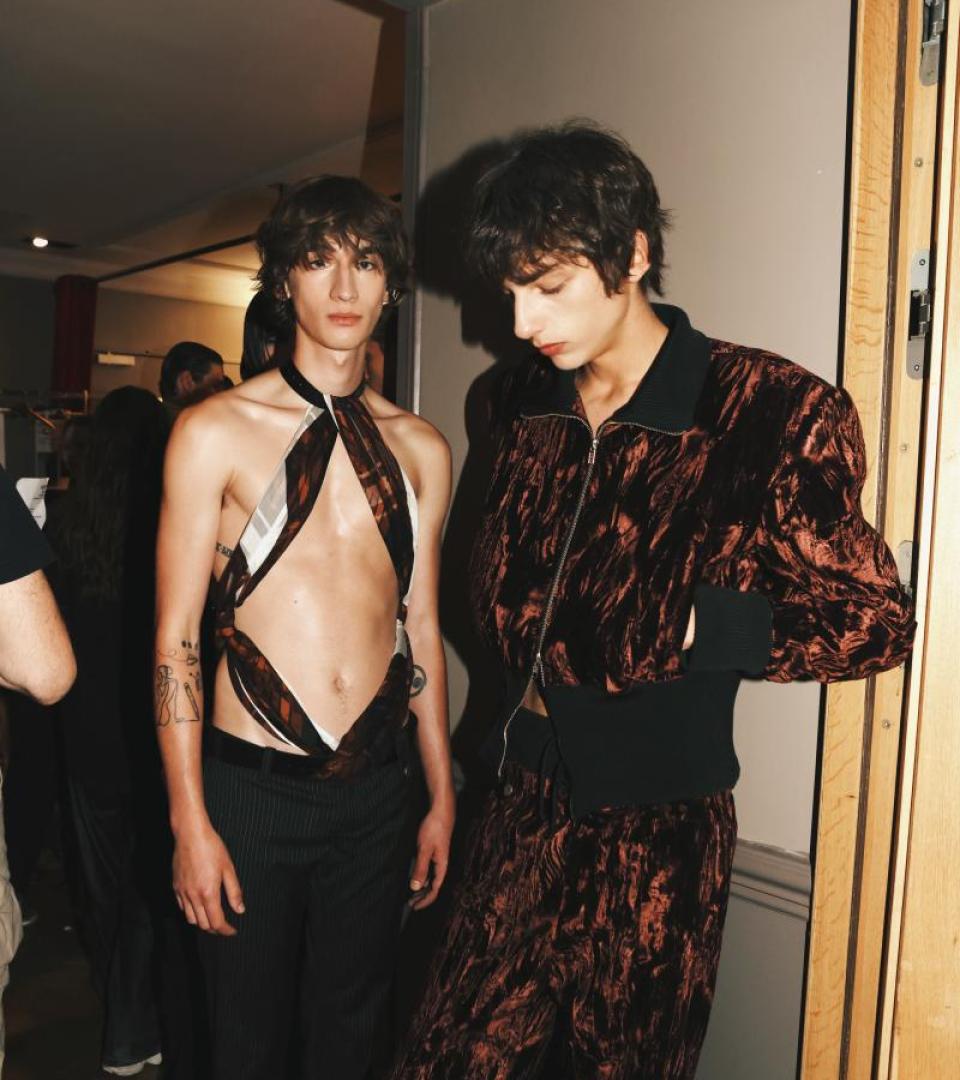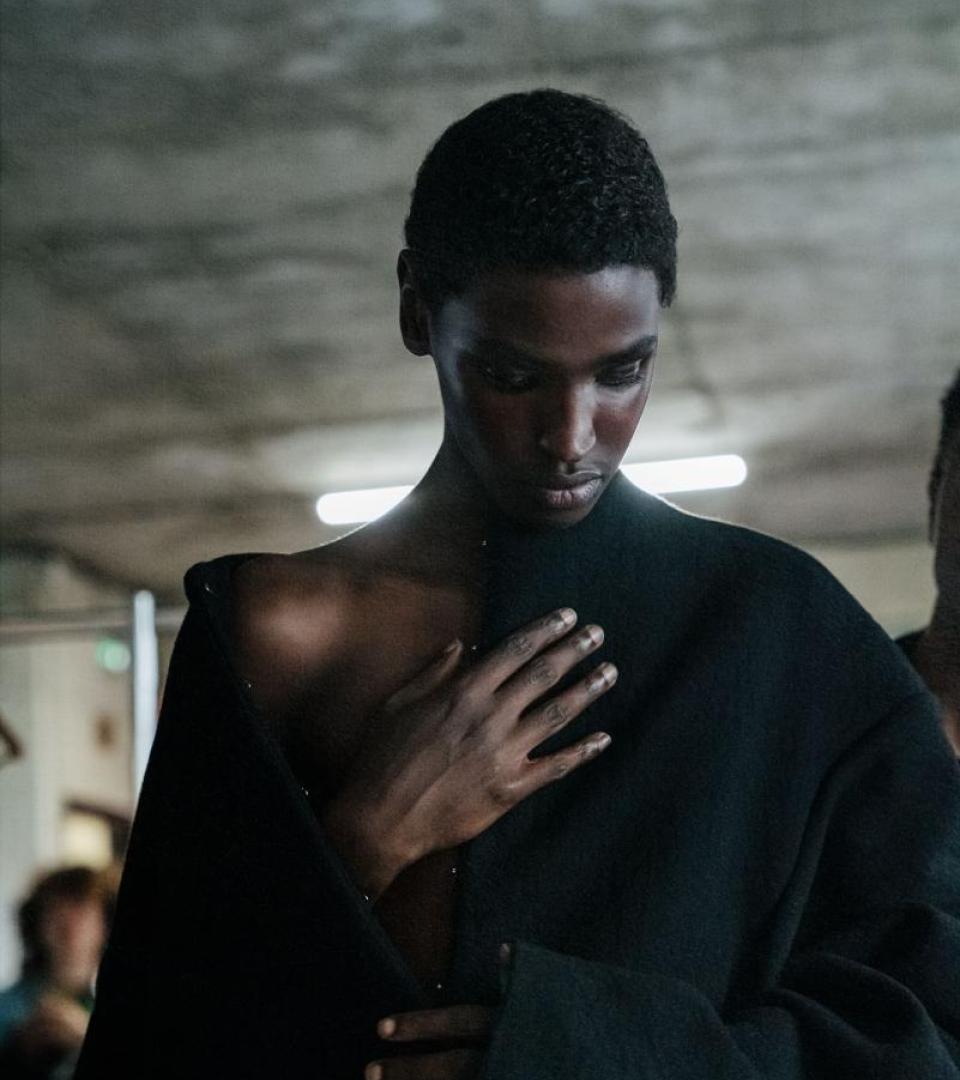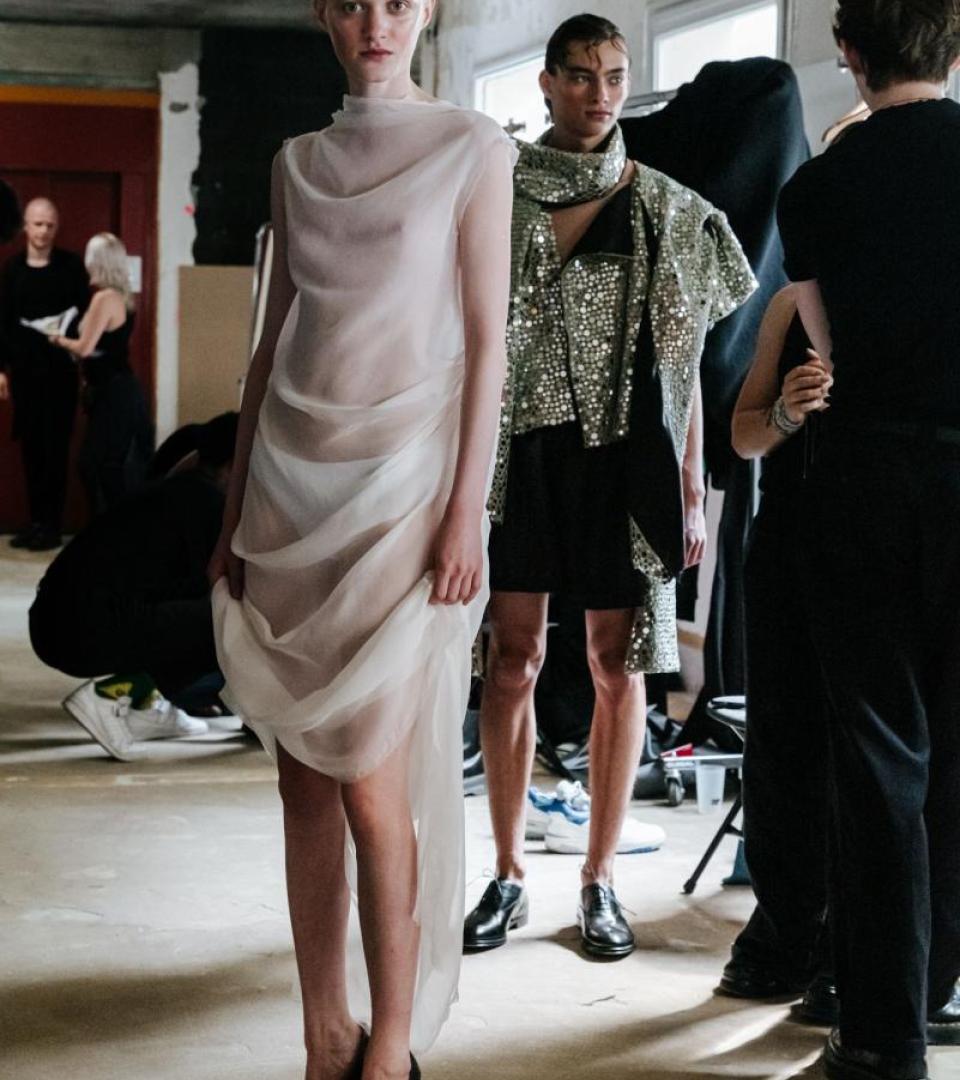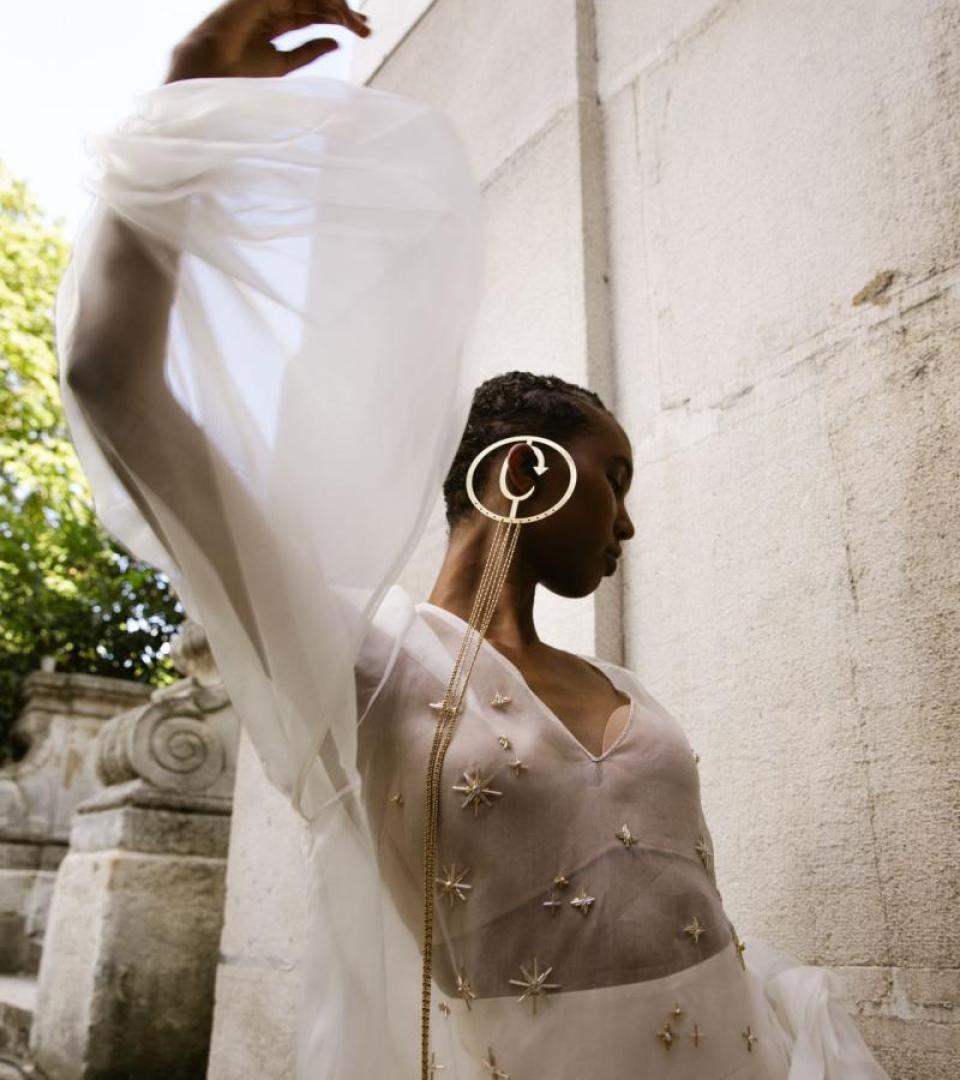The New Chapter of Auralee
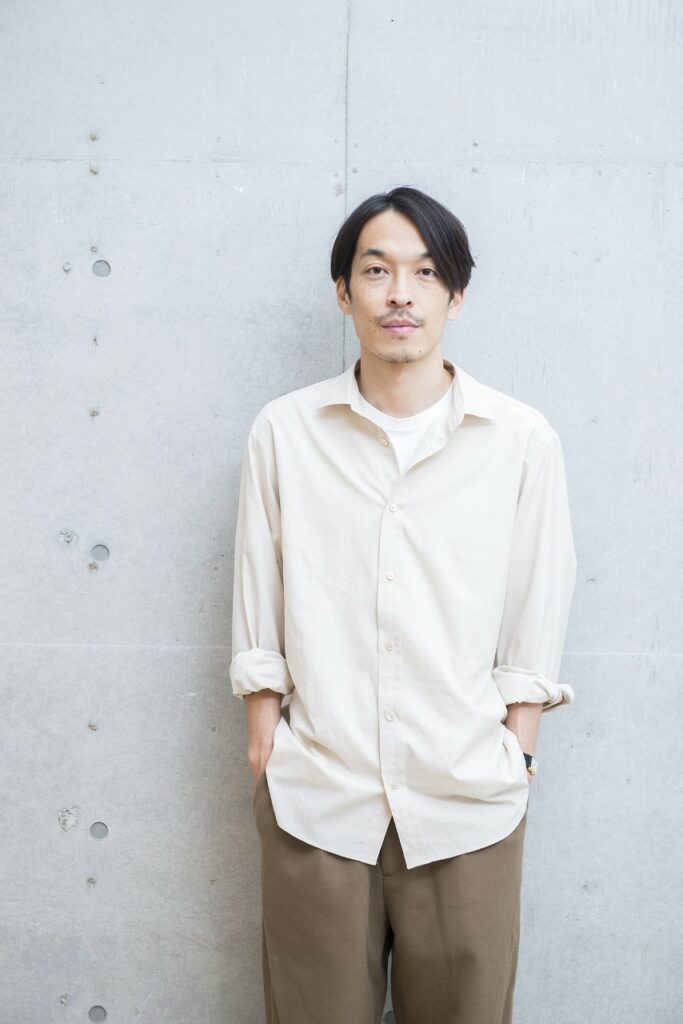
Ryota Iwai worked as a pattern maker and designer for various fashion houses before launching AURALEE in 2014 with the Spring-Summer 15 collection. In September 2017, the brand’s first directly-managed store opened in Tokyo, and he was awarded the Fashion Prize Of Tokyo one year later. His began presenting at Paris Fashion Week in 2019, the same year that he received the 37th Mainichi Fashion Award, Newcomer Award and Shiseido Encouragement Award.
How do you define the future?
The future represents progress and hope, but it shouldn’t be viewed as just this distant concept. The future is also a direct result of the decisions we make now and what we do in the present.
Why is the future such an important element of fashion?
Although I think fashion is always a commentary on the present, it should also keep an eye to the future. For us, we value longevity in our design, and strive to create timeless garments that will last and be worn for a lifetime.
What is one global or social issue currently shaping fashion’s future?
Certainly the most pressing issues are the environmental effects and impact that the fashion industry is directly responsible for. I hope that there will be more care and awareness in terms of traceability and transparency. From the social perspective, I believe diversity and representation will hopefully be one of the key factors in shaping and improving our industry’s future.
How do you imagine your brand evolving over the next decade? I think our overall mindset, approach and values will not shift. I just want to continue working at our own pace, having fun, taking care of our team and making things we are happy with. In regards to our impact, as a small independent company I hope that even if it is on a small scale, we will be able to do our part in bringing about some positive change.
What is one thing we can start doing now that could positively impact our future?
I believe awareness is the first step; it is important for us all not to turn a blind eye to what is directly in front of us. I think we can address and create a better future for us all, even though small changes — adjusting and adapting our purchasing habits or our dietary habits or even modes of transportation. When scaled up, all of this can hopefully make a huge difference.
What concerns about the future?
One of my main concerns is the preservation of an honest production process. In a current climate where it is the norm for people to cut corners and find the cheapest option, I worry for the preservation of traditions, and the future of the industry of real craftsmanship, and natural material harvesting.
What excites you about the future?In our production, I try my best to recognise what our impact is not only on ourselves but to all parties involved in our process, the herders, the sewers. I try my best to keep all of our production local. I am excited to do my best to support and preserve this appreciation for craftsmanship and quality in a modern concept, and hopefully do my part to support these real industries and people.
Your wish for the future?
Of course I hope that the next generations are able to thrive and experience life in a more positive world, and not pay the price of previous generations.
Do you think about the future when creating a collection?
Without a doubt. We always design our collections and develop our fabrics with the intention for our garments to be worn, cherished and appreciated for a lifetime.
What is the most defining idea or look in this collection?
As opposed to individual short stories, I view our collections as chapters in an ongoing book — expressing different moods of our constant goal to create elegant, sophisticated, and modern yet timeless garments, all with the greatest materials and original fabrics. After a rather subdued, calm fall and winter season, I wanted this collection to convey the vitality and the energy of spring and summer. To evoke the outdoors: natural, vibrant, energetic, fresh, yet serene.
What remains constant across the past, present, and future of fashion?
Basically I believe clothing will always be an essential. Even with the steady digitalisation of our daily life, the physicality of clothing will always be a necessity. Along with that, fashion always has and will always value an appreciation for quality and construction. Culturally, even as generations change, I think that clothing’s innate ability to function as a tool for self-expression will never change.
This interview has been lightly edited for length.
